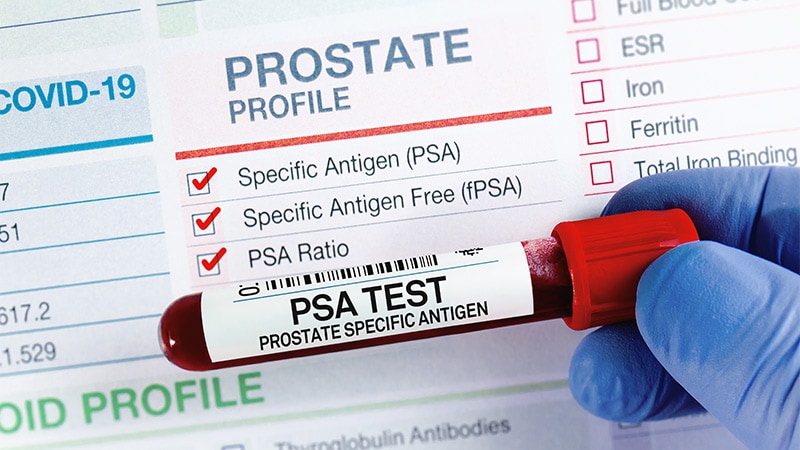An analysis of UK newspaper coverage of the NHS Cancer Drugs Fund (CDF) shows that despite some critical analysis, the mostly positive stories are likely to have contributed to the CDF's continuation, despite mounting evidence of its ineffectiveness.
The research, published by the Journal of the Royal Society of Medicine, examined news stories published in 9 national newspapers between 2010 and 2015.
The study revealed that press coverage was mainly very positive, arguing for the fund to be extended to Scotland and Wales and a bigger budget, but neglecting to address the lack of patient benefit and the risk of severe side effects. Leading this support was the Daily Mail, whose influence was almost greater than that of the other newspapers combined.
Lead researcher Dr. Grant Lewison from King’s College London said: "Our analysis showed there was three times as much coverage in favour of the CDF as against. Media reports did not scrutinise the discrepancy between those drugs available through the CDF and those diseases with the greatest health burden, the toxicities of the medicines, nor the opportunity cost of the CDF for other cancer treatments."
"Access at any cost was a clear totem around which the pro-CDF media based its coverage. The views of experts who pointed out the intrinsic unfairness of the CDF or the lack of efficacy of, and unpleasant side effects from, many of the drugs seem to have counted for little against the human interest stories of individual patients," he added.
The authors said the nature of the coverage has probably contributed to public perception that the best way to improve cancer outcomes is to allow access to new and expensive medicines, whose “performance is often hyped and gives rise to unreasonable expectations”.



